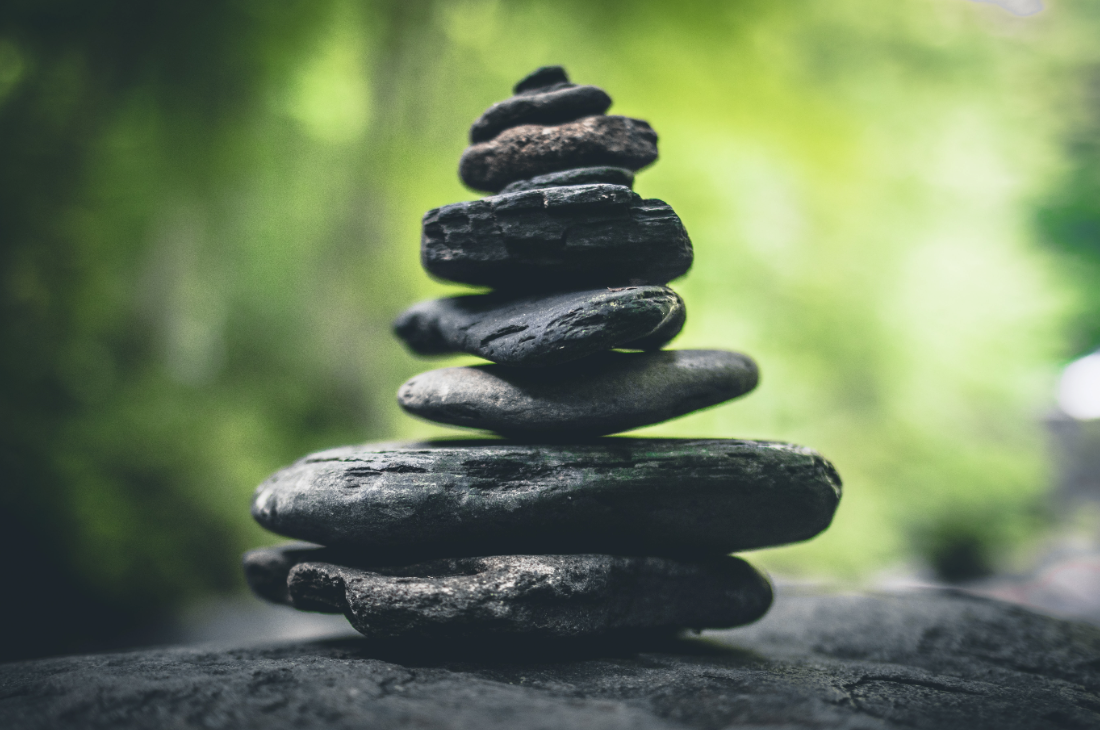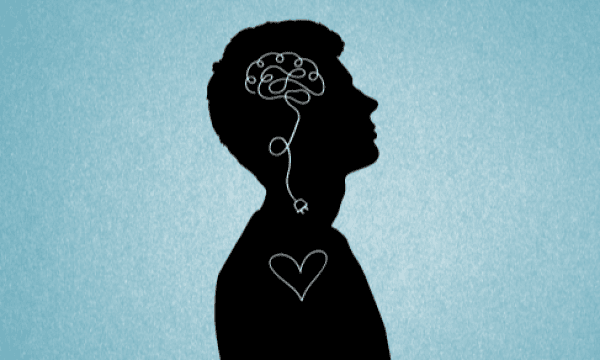
We are in a collective crisis.
Some of us have lived through crises before; some of us haven’t. We are all feeling a sense of loss and devastation, but at least we are in it together. We are grieving the loss of our freedom and way of life. We know that social distancing, quarantining, and social isolation are needed to look out for each other during this pandemic, but boy does this ever challenge our sense of security and sanity.
Social distancing and quarantining affects us all differently. Some of us are isolating ourselves because we have returned from travel, because we are working from home, or because we do not have a job to go to. Still others continue to have to leave home to work to access or provide essential services. Many of us are doing one or more of these while caring for children and/or parents.
Regardless of your situation, there is a pretty good chance that you have, at various points of the week, if not day, gone through a whirlwind of emotions. All of these emotions were likely part of our pre-pandemic lives, but, now, one week into social distancing, elements of fear, anxiety, depression, loneliness, anger and frustration seem to combine and come up far more frequently.
Read on to see if any of the following sound like you and find tips on how to manage your emotional chaos.
Avoiding the “rabbit hole”
Many of us reach for our phones when we wake up to learn the latest update on pandemic stats. We may have subscribed to every source covering the pandemic, or leave our televisions or computers on in the background all day tuned into news coverage.
If this resonates with you, you are not definitely not alone. Worry and stress about COVID-19 is normal. Many of us have never seen anything like this before so it makes sense to want to be informed, but we have to distinguish between staying informed and losing ourselves down the internet rabbit hole. It might help to try the following:
• Access reliable information about the virus through trusted sources, such as The World Health Organization or The Canadian Public Health Association.
• Find media balance: After updating yourself on pandemic news, spend at least 10 minutes on unrelated activities, such as reading books, listening to music, or learning a new language.
Coping with current stressors
We scoff at toilet paper hoarders but still keep a close eye on our stock of food, toilet paper, hand sanitizer and alcohol. The thought of homeschooling your children forever give you the chills and you find yourself calling your parents constantly to ask them about their movements and any signs of illness.
Although it can be difficult, examine your worries. Try to be realistic in your understanding of what the actual problem is and your ability to cope. I know it is easier said than done, but trying the following exercise might to keep things in perspective.
• Imagine that your thoughts are coming from two different coaches — one who catastrophizes everyone and one who is the voice of reason. Try thinking through what the facts support and mindfully follow the voice of your level-headed coach. Focus on what you can do. Accept the things you can't change. It might help to write it down. While this is hard to do, it is harder to follow any other self-care measures that can help you cope without this.
Finding purpose
So many of us have been asked to stay home because businesses are closed due to emergency measures and have lost our usual routine. The “new normal” may now be to spend your days on the sofa watching television, on social media, or eating and worrying about how you can meet your responsibilities (pay rent/mortgage, utilities, groceries, and find work when we can).
Fear about job security and financial stability are top of mind for almost everyone and it is easy to turn to dark thoughts about the future when our minds are not occupied with our pre-pandemic activities and responsibilities. Create order and purpose in your daily life by following a routine. Think about what your day looked like before social distancing and try to reflect that in your new schedule. Consider including the following:
• Prioritize self-care with regular sleep, meal and exercise/movement times
• Set time for work and learning.
• Get fresh air, even if only at your window.
• Time for a joyful activity every day
• Avoid use of alcohol or drugs to cope with stress.
Managing your responsibilities
While we may have idealized working from home before, doing it now when your kids are around all day is a whole different story. Many of us now find ourselves taking work phone calls to the background soundtrack of our children’s sounds and are trying to stay productive while constantly debating whether you should be an employee or a parent first.
Some people are able to work for home, but managing the pitfalls of blurred boundaries is difficult. If you work from home try the following:
• Create a distinct work space to separate work from your personal life
• Spend time that you might have spent traveling to work doing self-care activities
• Set aside time for work and leave your work area when your work hours are finished.
• Take regular break times, e.g. 10 minutes every hour
• Schedule more demanding calls or meetings early in the day and set a personal call at the end of your work day to mark your transition into your personal time.
Finding peace with those around you
Maybe you are living your nightmare of being trapped in a small space with a screaming child who wants to go outside. All you want to do is rant at the people who aren’t social distancing because now you can’t go to parks and public spaces. And home feels like a very strained space because you and your partner constantly on each others’ nerves
If you know, you know…it can be boring and stressful to share a small space with others, even if you love them. Try these tips:
• Talk to your housemates about how you want to manage potential conflicts, for example, going into another room or taking a walk when you start getting on each others’ nerves.
• Set aside “outdoor” time by taking a walk while respecting others’ space on the path/sidewalk.
• Think outside the box for activities. Maybe dust off old board games and dabble in family finger-painting. Remember variety is the spice of life.
Living alone during social distancing can be lonely. You can get tired of cooking meals for one, snuggling with someone other than your cat, and lose motivation to do your beach body work out because you gym buddy is not around to keep you accountable.
It can be equally boring and stressful to live alone, but in different ways. While we can’t physically connect, we can stay emotionally connected to others in our social network through telephone, video chat, and social media. Joining online exercise groups or talking to others and knowing they are okay can make you feel better by alleviating some emotional stress. Finding ways to help vulnerable groups (e.g.. donations, delivering groceries) can also help by providing a sense of purpose.
Reaching out for help
Regardless of your personal circumstances, are you feeling overwhelmed? There is no shame in asking for help; these are difficult times for all of us. A few resources that may be helpful:
1. Your primary care provider: During these times, these professionals may be accessible either virtually or via telephone. Reach out to their office to see how you can arrange a meeting.
2. CMHA has 75 branches across the country. You can reach out to your local branch through the CMHA website;
3. The Canadian Psychological Association website can help you find a psychologist in your area through this link. Mental Health support: 1-866-531-2600
4. If you are thinking about suicide or are worried about someone who is, call the Crisis Services Canada national line: 1-833-456-4566 or text 45645 (in Quebec, call: 1-866-277-3553). If the risk is immediate, call 9-1-1.
Whether you now find yourself living alone or with others, whether working from home or off work, online information and virtual support is available to find a sense of normalcy in these uncertain times. Remember that social distancing does not mean self-isolation; we can remain emotionally connected while physically apart.
Dilini Mohan is an Occupational Therapist and a past Board Member of the CTMA. She is the founder of Thrive Mama, a wellness practice focused on maternal wellness and core and pelvic health. For over 12 years she has been helping people optimize their physical health and improve their mood. In recent weeks, she has transitioned to an online practice and has heard from many people about their wide-ranging emotional and physical pain symptoms.

























